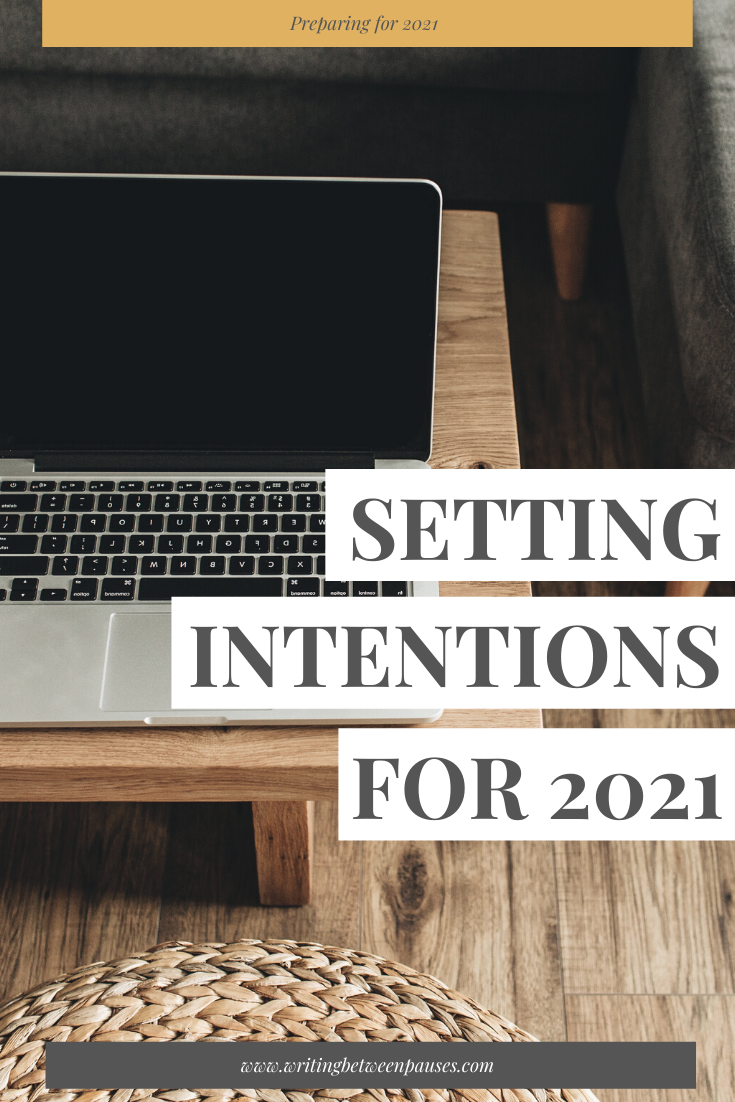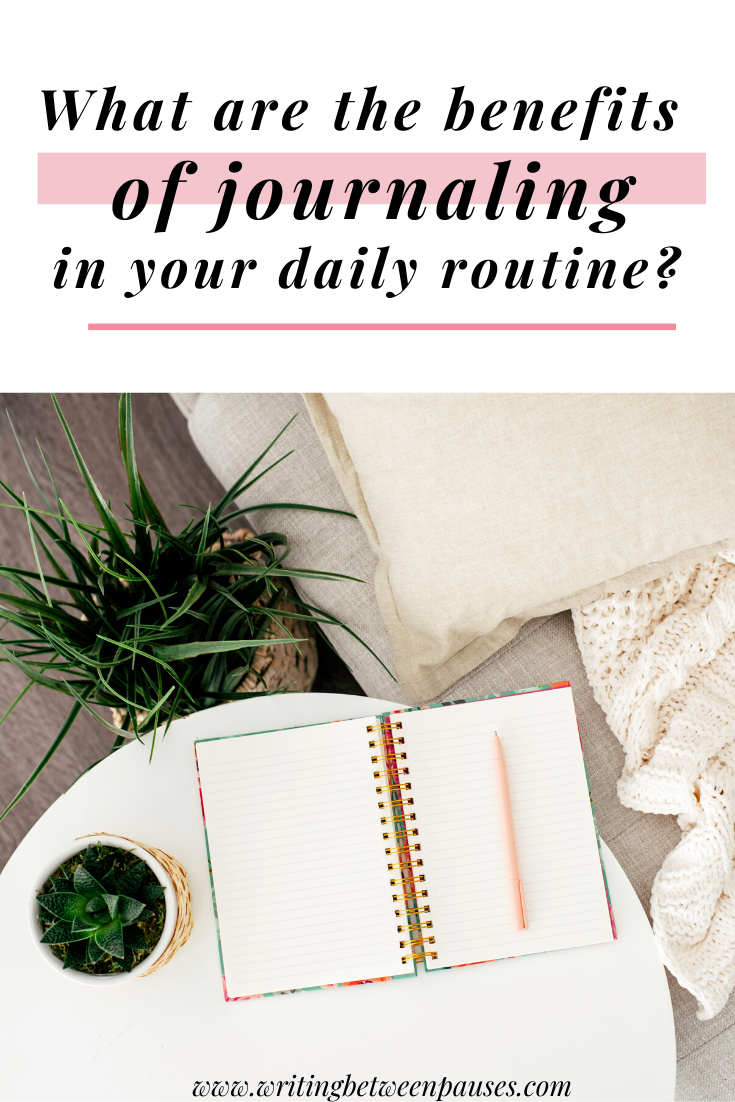Do you keep a journal? A diary? A planner?
More specifically: do you have somewhere to dump all your thoughts, feelings, anxieties, tasks, plans, dreams? It doesn’t have to be a traditional diary. It can be in the daily part of your planner, or the extra notes pages in the back. Or it can be an app you use every day. A notebook you use for your grocery lists. Your Notes app. A Word document on your computer or your Google Drive.
Do you see what I’m getting at?
I’m a lifelong journal keeper. And recently in therapy, my therapist asked if I journaled and I basically started listing all the years I’ve kept journals and diaries meticulously. (My earliest saved, complete journal is from my sophomore year of high school. It’s a Harry Potter notebook.) We talked about the benefits of journaling and things I can start journaling about everyday to start thinking more about.
Journaling has so many benefits. Professionally, mentally, emotionally, personally… and making journaling part of your daily routine is super easy. There are so many ways to incorporate journaling—but that’s not what we’re here to talk about.
Journaling in the traditional sense isn’t for everyone; some people just plain don’t like writing by hand. And that’s ok! You can use whatever medium you like best. But, I do think journaling, no matter how you choose to do it, can benefit you in the long run. Think of it as self-care… and these are all the benefits.
1. Organize your thoughts in your journal.
I spend a lot of time journaling purely to organize everything I’ve got running through my head. I always have a million concerns, tasks, things to think about, ideas… and writing them down helps a lot. Sometimes I do four-point brain dumps, where I organize my journaling into MUST-SHOULD-COULD-WANT TO to help me roll through my tasks and overwhelming, pressing thoughts of what I want to do that day.
Other times, I just sit and write out something I’ve been thinking over. An idea that I’m not sure if I should go for or not.
Journaling gives you a chance to pour out everything you’ve been thinking about. Something you want to refer back to or just want to work through. Use journaling to organize your thoughts, answer your own questions, and work through any problems you might be having.
2. Improve writing skills by journaling.
Plain and simple: if you want to be a better writer, journaling will help you get there.
Learning to write things accurately, you write out longer sentences and better solutions, writing in a way that is compassionate or friendly or solution focused… it’s all in journaling! As well, writing, just like any art form, is better with practice. You only become a better writer by writing… so even if you’re not ready to post blogs or publish a novel quite yet, keeping a journal is a great way to write every single day.
3. Use your journal to track goals & problems.
Me: I want to do this every single day.
Two days later: wait, what was it I wanted to do?
Yeah, if you’re like me and you forget things if you don’t write them down, a journal is a great way to focus on your goals, remembering them day-to-day, and tracking what you struggle with, what helps, and more. It can also help you identify and talk through issues you have with goals, as well as noticing patterns in your behavior.
4. Journaling may help relieve stress.
For a long time, journaling has been added to superficial lists of how to “reduce your anxiety or fix your depression.” And I’ll be the first to tell you: I don’t think it will do that. Like at all.
However, if you’re someone who carries a lot of stress chronically, I can really relate. And I’ll be the first to tell you that writing everything down, getting all of those random little stressors out of your head and onto a page… will make a huge difference in your life! Sometimes, if I’m feeling particularly stuck on something and it’s stressing me out, taking a few minutes to just list everything that makes me feel stressed about that task is all I need to get on with it.
Journaling at the end of the day is also a good way to turn off your brain and keep those little stress points from keeping you awake.
5. Journaling gives you time to self-reflect.
As we go through our lives, there will be time where we have to make choices. And if you’re like me, sometimes you wonder if you made the right choice. Self-reflection is an incredibly valuable skill; it can help you assess your goals, figure out patterns of behavior that hurt or help you, and be you a better person. Using journaling to ask yourself questions like “did I make the right choice?” or “did my behavior hurt someone?” can be hugely helpful.
As well, it can help you assess things you’re afraid of. One big thing I’ve been tackling in my journaling lately is my fear of asking questions—and when that started, what it’s protecting me from, and more. Throughout my journaling, I try to note times during the day when I could have or should have asked a question and what I felt in that moment. That type of self-reflection is helping me overcome something that has impacted my life ever since I was a child.
6. Journaling can improve your memory.
I have a fairly good memory naturally, but a lot of it is because I write everything down, in the moment and in my journal. At my therapist’s recently, I was listing all my family member’s star charts and she paused me to say, “you have such a good memory!” It’s a blessing and a curse.
But if you struggle to remember things, especially tasks or things people ask you to do, journaling can be a huge help. The act of taking notes has been long confirmed to help improve memory. So writing things down as a way to remember helps you remember, even without seeing the notes (or journal) itself. If your 2020 goal is to remember more of your day-to-day and improve your memory, then journaling is a great option.












